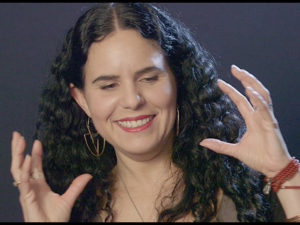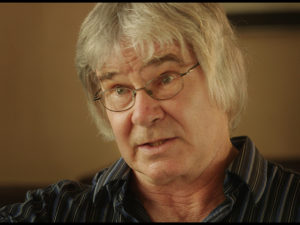We met Dr. Al Galves at the ISEPP (International Society for Ethical Psychology & Psychiatry) conference in Los Angeles last October. Most of the speakers, including Dr. Allen Francis who headed the committee of Psychiatrists that edited DSM 5, had serious questions about the way a mental health crisis is defined and treated.
Dr. Galves asks why the majority of research money for mental health goes into finding the gene sequence or neural pathway responsible for mental distress. He feels our search for the quick fix, the magic bullet, is taking us down a blind alley. And suppose we find the genetic or brain anomaly that causes “mental illness”. Dr. Galves asks, “What are we going to do about it? Our track record at intervening in the brain is not very good. Drugs can cause very damaging “side” effects. Electroshock has a high relapse rate and causes significant memory impairment.”
Furthermore, getting rid of the symptoms is getting rid of the signals that are prompting us to examine our reactions to life’s circumstances. It is these symptoms of the mind that can be opportunities for growth. As Dr. Galves points out, our research dollars should be going into therapies that teach us how to use our minds and our psyches more effectively.
If we did find the gene, neural pathway or perfect pharmaceutical to eliminate the symptoms of mental distress (without side effects) would it ultimately serve us? What do you think?




